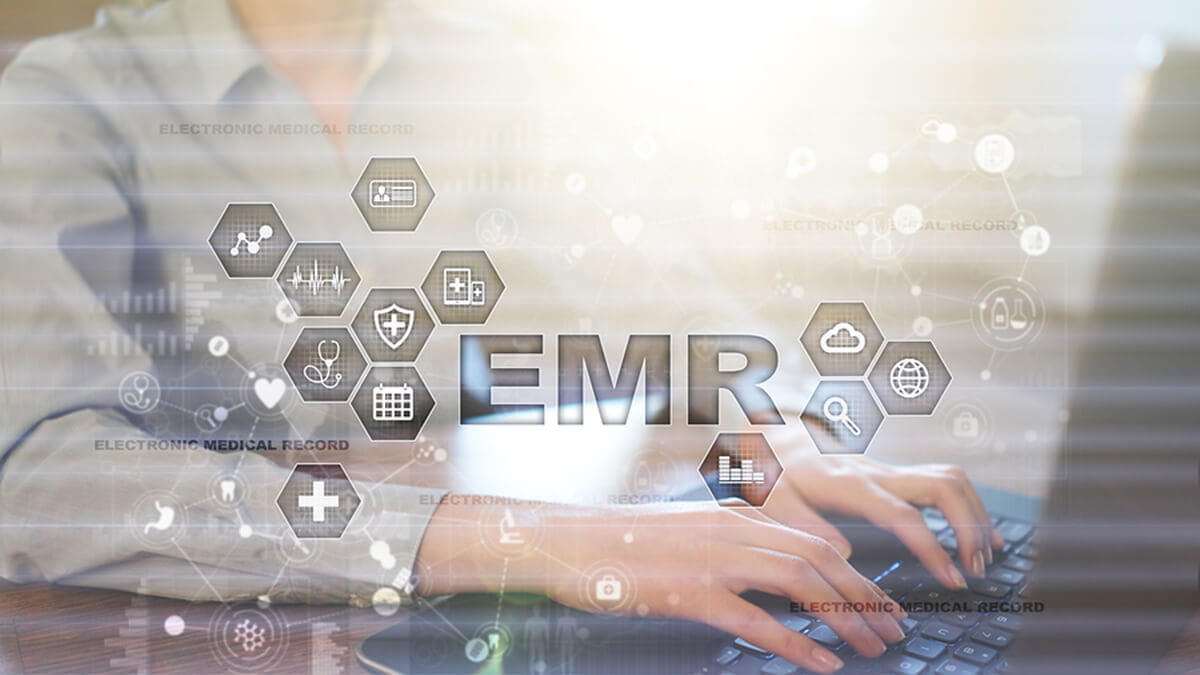Electronic health records (EHRs) have revolutionized medicine, replacing paper charts with their digital counterparts. Not only are EHRs far easier to store and share than paper records, but they allow healthcare professionals to conduct a wide range of analyses focused on improving patient care and increasing cost efficiencies. These analyses are known as health informatics—a job nurses are increasingly taking on.
No matter what type of nurse you are, you almost certainly work with EHRs, which means you likely have a basic understanding of health informatics/nursing informatics. But do you know everything informatics can do or how vital nurse informaticists can be?
It’s perfectly understandable if you don’t. Health informatics is an evolving field, and one that’s hard to master without attending nursing school and enrolling in the right program. One such program is Walden University’s Master of Science in Nursing (MSN) program, where students can learn all about healthcare technology, including nursing informatics. Among the many resources Walden’s MSN students can review is the TIGER Initiative’s Informatics Competencies for Every Practicing Nurse: Recommendations From the TIGER Collaborative,1 which is studied as part of the Transforming Nursing and Healthcare Through Technology course.
This document’s executive summary provides an excellent overview of what nursing informatics is and why it’s valuable. As excerpted from the document:
Nurses are expected to provide safe, competent, and compassionate care in an increasingly technical and digital environment. A major theme in this new healthcare environment is the use of information systems and technologies to improve the quality and safety of patient care. Nurses are directly engaged with information systems and technologies as the foundation for evidence-based practice, clinical-decision support tools, and the electronic health record (EHR). Unfortunately, not all nurses are fully prepared to use these tools to support patient care. The TIGER Informatics Competencies Collaborative sought to evaluate the current preparedness of the nursing workforce and propose a set of minimum informatics competencies that all nurses need to practice in today's digital era.
A new specialty, called Nursing Informatics, has emerged over the past 20 years to help nurses fully use information technology to improve the delivery of care. The most recent 2008 American Nurses Association Nursing Informatics Scope and Standards defines nursing informatics as the integration of nursing science, computer and information science, and cognitive science to manage communication and expand the data, information, knowledge, and wisdom of nursing practice. Nurses certified in nursing informatics:
- Are skilled in the analysis, design, and implementation of information systems that support nursing in a variety of healthcare settings.
- Function as translators between nurse clinicians and information technology personnel.
- Ensure that information systems capture critical nursing information.
These specialized nurses add value to an organization by:
- Increasing the accuracy and completeness of nursing documentation.
- Improving nurses’ workflow.
- Eliminating redundant documentation.
- Automating the collection and reuse of nursing data.
- Facilitating the analysis of clinical data, including Joint Commission indicators, Core Measures, federal- or state-mandated data, and facility-specific data.
How Can You Become a Nurse Informaticist?
The best way to shift your nursing career toward nursing informatics is to earn a Master of Science in Nursing. In a master’s in nursing program like the one offered at Walden, you can specialize in nursing informatics, gaining knowledge and skills through classes like Transforming Nursing and Healthcare Through Technology. The question you may be asking is, Do I have the time to earn an MSN degree?
Thanks to online education, finding that time is less complicated than you might think. When you enroll in an online MSN program, you can complete your courses from home or anywhere else you have internet access. On top of that, online nursing schools allow you to take classes and complete coursework at a time of day that works best for your busy schedule.
Online learning is a fantastic way to move from a BSN to an MSN and gain the knowledge you need to advance your career in nursing—particularly if you want to move into nursing informatics.
Walden University is an accredited institution offering a Master of Science in Nursing (MSN) degree program online. Expand your career options and earn your degree using a convenient, flexible learning platform that fits your busy life.
Walden University is accredited by The Higher Learning Commission, www.hlcommission.org.




